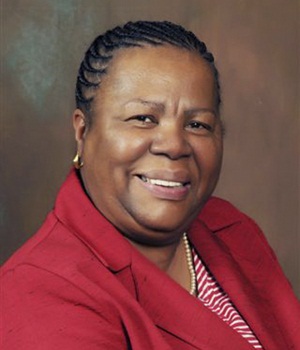SKA to boost local skills
 The Department of Science and Technology (DST) says it has collaborated with the Square Kilometre Array (SKA) consortium to attract young people into science and engineering careers and to develop expertise in industry.
The Department of Science and Technology (DST) says it has collaborated with the Square Kilometre Array (SKA) consortium to attract young people into science and engineering careers and to develop expertise in industry.
Speaking during the opening of the International Astronautical Congress in Cape Town - Science and Technology minister, Naledi Pandor, emphasised the role young graduates would play in the SKA project.
“Our young scientists and engineers have been able to jump to a leading role in many of the areas of development of the SKA, because of the excellent skills imparted by our universities and the expertise and experience that they have picked up from our partners. Our industries, too, have been very innovative. They have designed and built innovative equipment for the telescopes,” Pandor explained.
The SKA is a €1.5 billion global science project to build the world’s largest and most sensitive radio telescope. Sites in South Africa and Australia have been short-listed to host the central core of the telescope.
The DST previously announced it would spend approximately R38million on the Square Kilometre Array (SKA) project office and its operations during the pre-construction phase – regardless of the outcome of the multi-billion rand bid.
“The SKA is an iconic project for world science. It brings together ground-breaking science with cutting-edge technological innovations. The technologies that are being developed for the SKA and its precursors - such as signal processing, very fast computers and data transport, image processing and wireless - are key technologies in IT for the future,” Pandor noted.
In September, SA submitted final bid documents to host the multi-billion rand project – with a final decision expected to be announced in February 2012.



